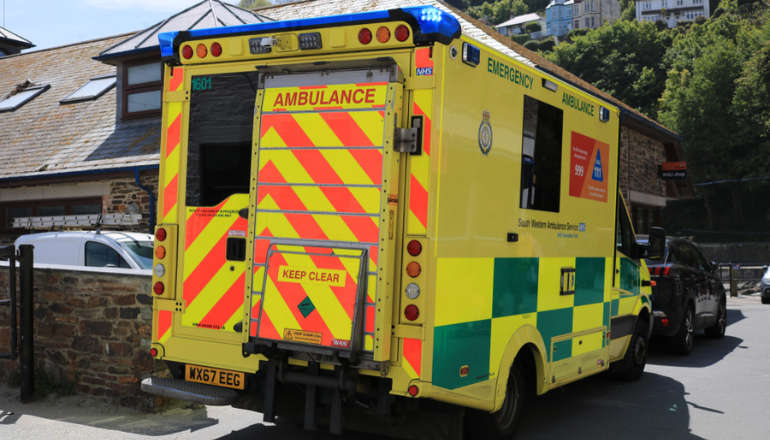
Demand for the Isle of Wight’s 111 service has increased by 38 per cent in the last five years, new figures reveal.
The non-emergency telephone service has been based on the Island since 2012.
Islanders can phone advisers and clinicians when we need medical help or guidance and be referred, if necessary, to a range of health providers.
Victoria White, director of operations for the Isle of Wight Ambulance Service, told members of the Isle of Wight Council’s health scrutiny committee last night (Monday), the Island’s 111 service is one of the most used in the country and there has always been a good take-up.
Currently, the service is receiving between 8,500 and 10,000 calls a month with an average call lasting six minutes and 30 seconds.
In 2022, handlers received more than 112,700 calls. During the height of the Covid-19 pandemic, the service received more than 120,000 in one year.
A question was raised by the committee about the number of patients phoning 111 and being booked in to speak to a GP – 82 per cent on average between October 2022 and March 2023.
The national average is 55 per cent.
Committee members questioned whether it was a positive or negative, and wondered if calls were being made as an alternative to speaking to their GP surgery.
Dr Michele Legg, clinical director for the Island on the Hampshire and Isle of Wight Integrated Care System, said for many years Islanders have been told to contact 111 first and she said this is reflected in the high numbers.
Ms White said 111 had worked closely with the primary care sector to be able to connect patients with their GP surgery, while Dr Legg, a GP in Ryde, said appointments are held specifically for 111 bookings – patients are diverted there if it is appropriate.
The 111 service is also seeing an increase in the number of online users, the meeting was told.

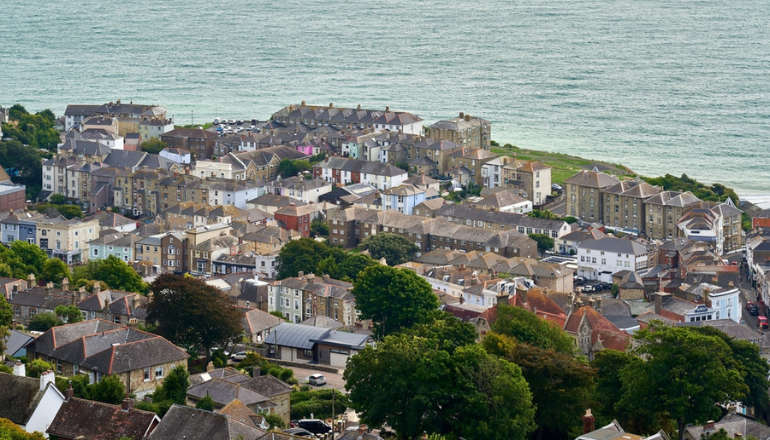 Councillor Coy On Isle Of Wight Social Housing
Councillor Coy On Isle Of Wight Social Housing
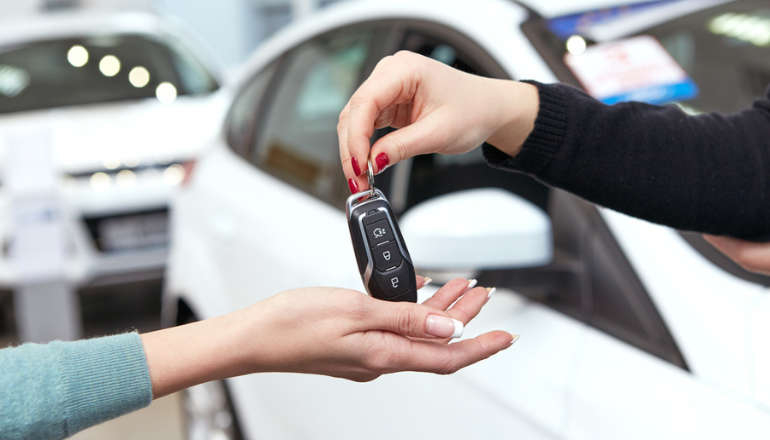 Warning For Islanders Selling Vehicles To Be 'Scam Aware'
Warning For Islanders Selling Vehicles To Be 'Scam Aware'
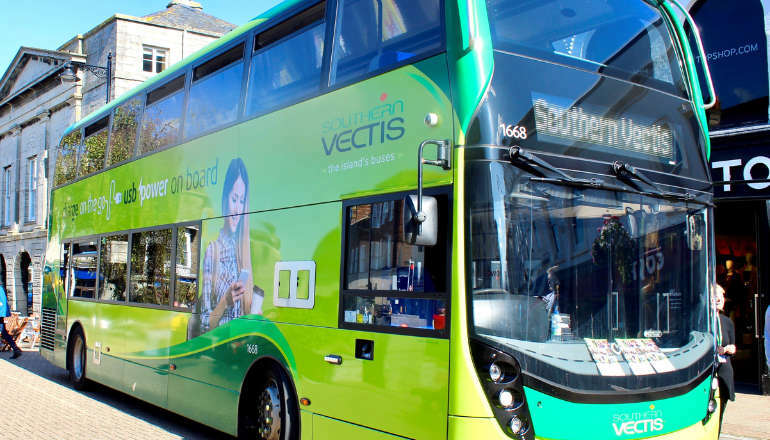 Bus Fares Set To Rise Following Council Meeting
Bus Fares Set To Rise Following Council Meeting
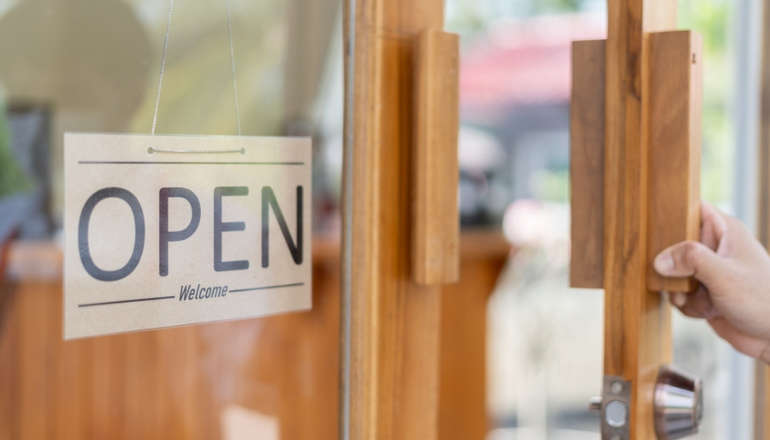 Small Business Support Proposal Passed By Isle Of Wight Council
Small Business Support Proposal Passed By Isle Of Wight Council
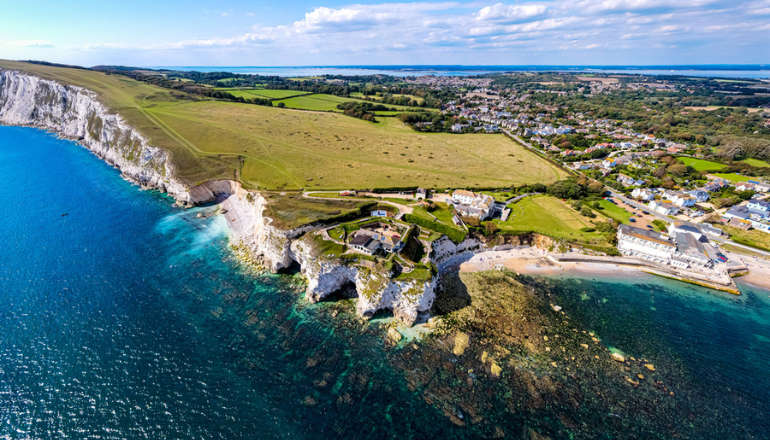 Five-Year Isle Of Wight Area Of Outstanding Natural Beauty Plan Unanimously Approved
Five-Year Isle Of Wight Area Of Outstanding Natural Beauty Plan Unanimously Approved
 More Islanders Cross The Solent With Wightlink’s Discounted Fares For NHS Appointments
More Islanders Cross The Solent With Wightlink’s Discounted Fares For NHS Appointments
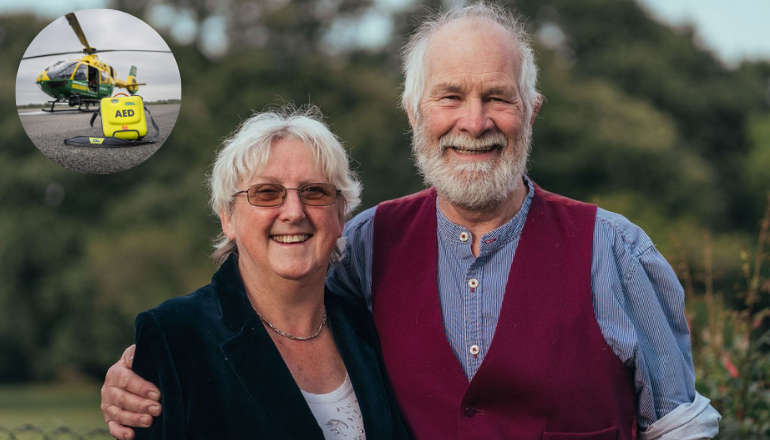 Hampshire And Isle Of Wight Air Ambulance Funds Defibrillators For The Community
Hampshire And Isle Of Wight Air Ambulance Funds Defibrillators For The Community
 Isle Of Wight Council Budget Pressures Likely To Continue Following Autumn Statement
Isle Of Wight Council Budget Pressures Likely To Continue Following Autumn Statement
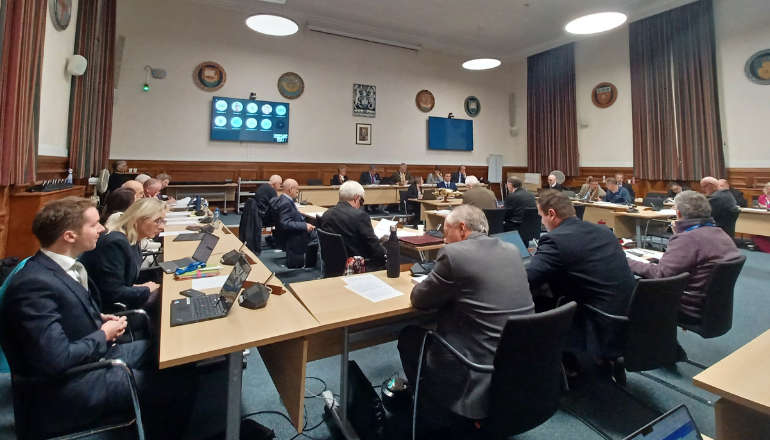 Council Approves Support Package To Help Islanders On Low Incomes
Council Approves Support Package To Help Islanders On Low Incomes
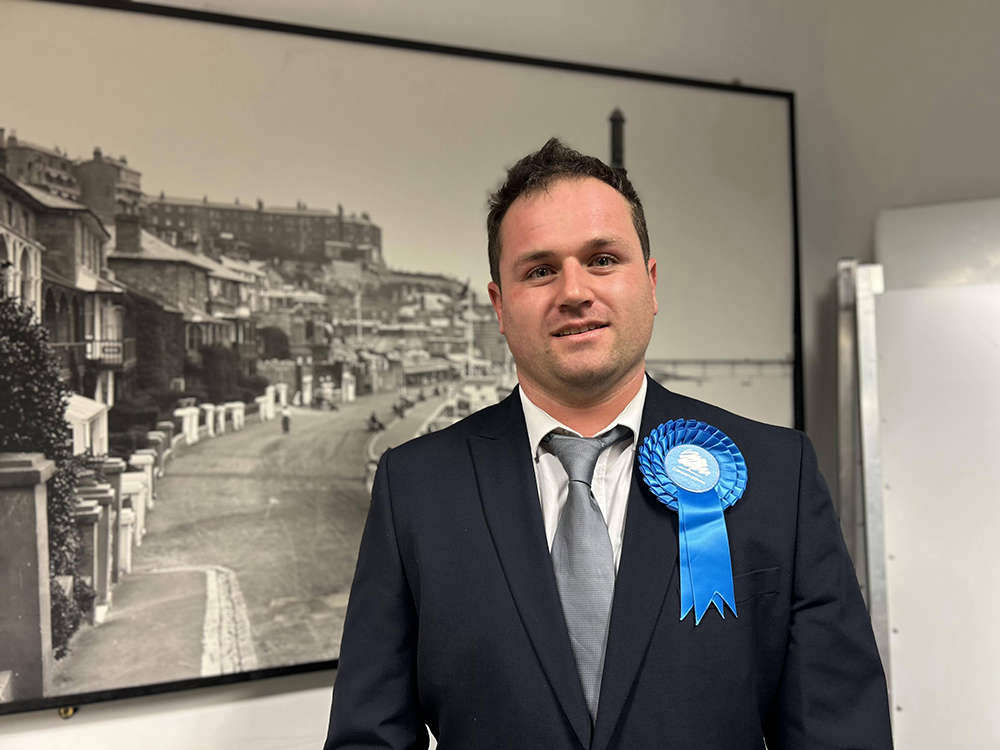 Isle Of Wight Councillor In Mental Health Priority Motion
Isle Of Wight Councillor In Mental Health Priority Motion
 Bird Keepers Urged To Remain Vigilant Following Increased Avian Influenza Risk
Bird Keepers Urged To Remain Vigilant Following Increased Avian Influenza Risk
 Island Pupils Receive Lesson In Road Safety That Could Save Lives
Island Pupils Receive Lesson In Road Safety That Could Save Lives
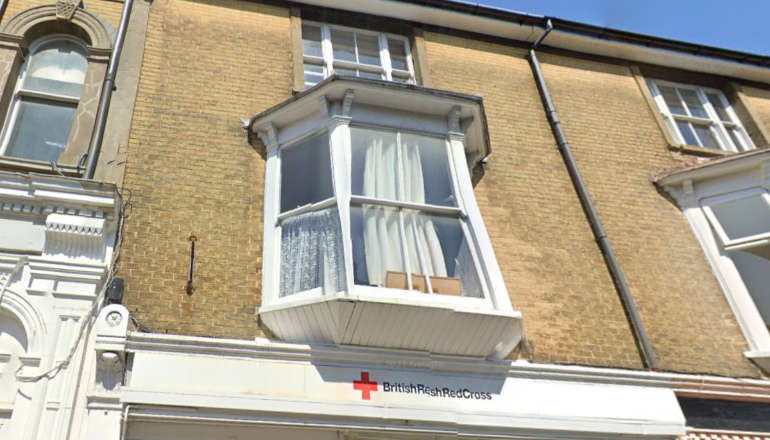 New Shanklin Flats Given Green Light
New Shanklin Flats Given Green Light
 Joe Robertson Appointed Parliamentary Private Secretary For Shadow Culture, Media And Sport
Joe Robertson Appointed Parliamentary Private Secretary For Shadow Culture, Media And Sport
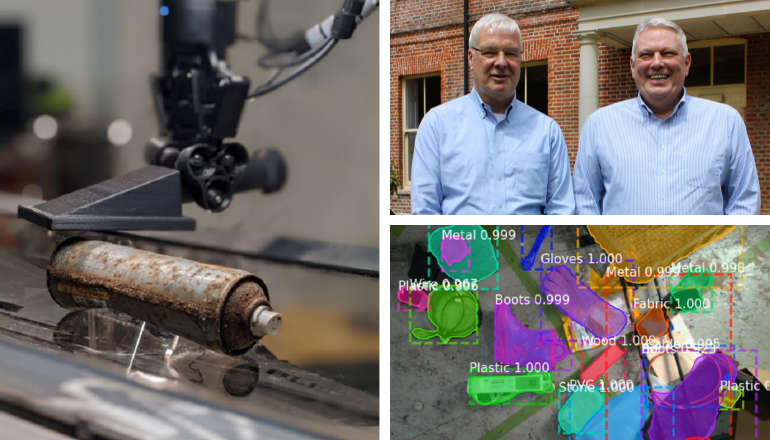 Shanklin Company Making Nuclear Waste Sorting Safer, Greener And Cheaper
Shanklin Company Making Nuclear Waste Sorting Safer, Greener And Cheaper
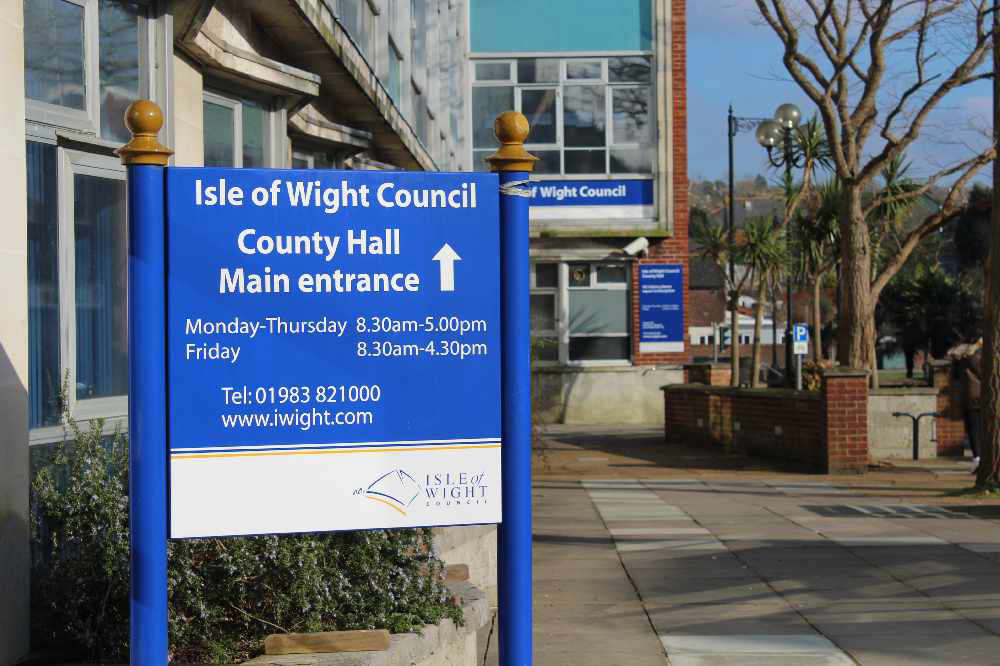 Five-Year Isle Of Wight Landscape Plan Decision On Horizon
Five-Year Isle Of Wight Landscape Plan Decision On Horizon
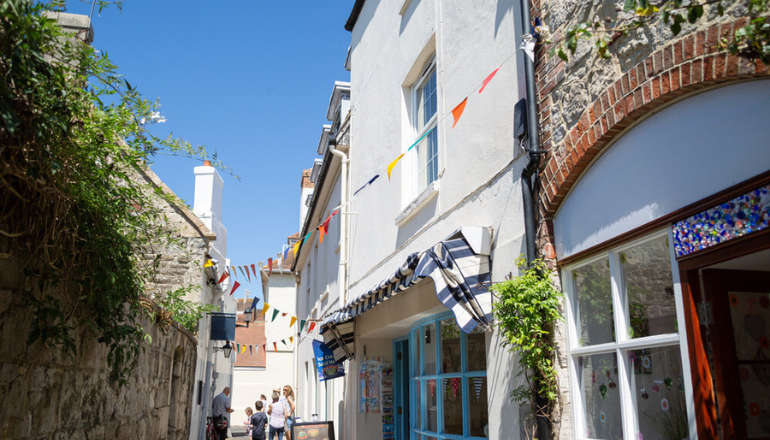 Help Sought For Isle Of Wight's Struggling Small Businesses
Help Sought For Isle Of Wight's Struggling Small Businesses
 Primary School Admissions For September 2025 Now Open
Primary School Admissions For September 2025 Now Open
 Island Families Invited To Take Tour Of St Mary's Special Care Baby Unit
Island Families Invited To Take Tour Of St Mary's Special Care Baby Unit
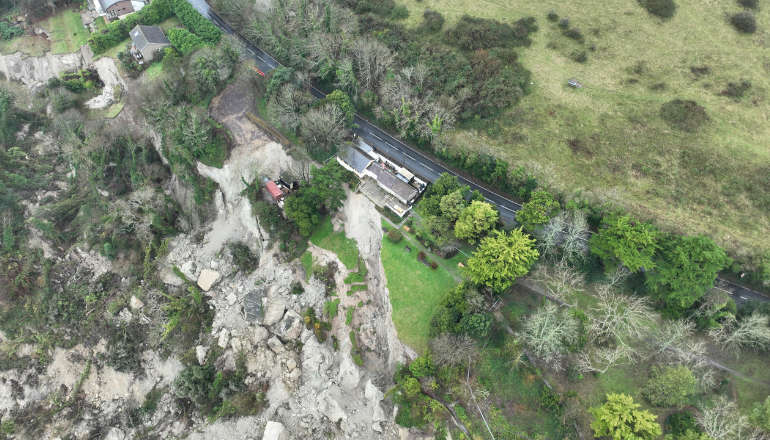 Work To Sink Three Boreholes At Leeson Road Due To Finish This Week
Work To Sink Three Boreholes At Leeson Road Due To Finish This Week


